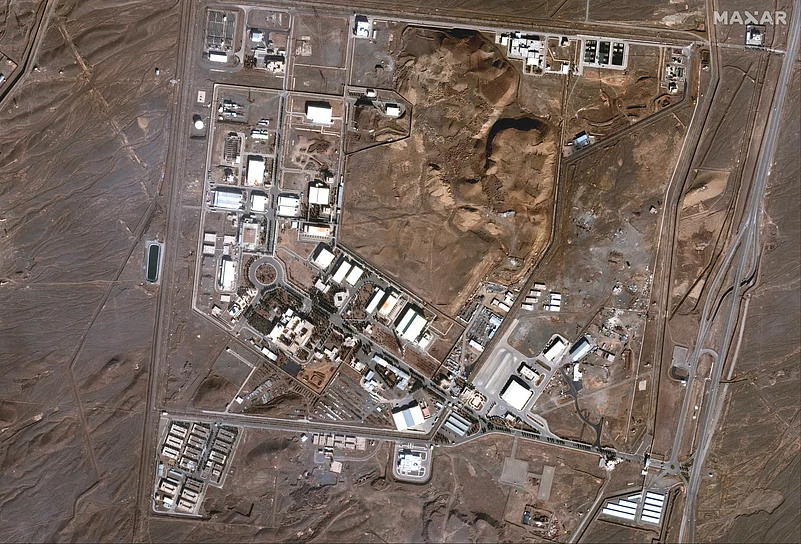In a dramatic though not unexpected escalation with far-reaching consequences, Israel has launched a direct attack on Iranian sites, including its nuclear facilities, a move long sought by Prime Minister Benjamin Netanyahu.
The strike targeted key installations, including Iranian scientists and military leaders, including Brig. Gen Mohammad Bagheri, the commander of the army, as well as Hossein Salami, the head of Iran’s Revolutionary Guards commander. The attacks risk plunging an already volatile region into deeper instability and the prospect of a wider war. As Iran prepares for retaliation, the cost of fulfilling Netanyahu’s long-held ambition may prove steep for Israel, Iran, and the entire region. Iran has already launched a massive drone attack on Israel. The IDF is engaged at the moment in shooting these down. Where will this stop? is the question.
"We struck at the heart of Iran's nuclear weaponisation programme. We targeted Iran's main enrichment facility in Natanz. We targeted Iran's leading nuclear scientists working on the Iranian bomb. We also struck at the heart of Iran's ballistic missile programme,” Prime Minister Netanyahu declared in a television address after the strikes.
IAEA Report Provided The Fig Leaf To Israel
Israel seized the opportunity afforded by the Vienna-based nuclear watchdog, the International Atomic Energy Agency’s board of governors’ report, earlier this week, saying that Tehran had failed to comply with non-proliferation obligations.
Following this, Mohammad Eslami, the head of Iran’s atomic energy, issued orders to `establish a new enrichment centre in a secure location,’ the state-controlled Iranian Fars news outlet reported on Thursday. “Advanced IR-6 centrifuges will replace the older first-generation centrifuges at the Shahid Dr. Alimohammadi (Fordow) site…Further
measures are being planned and will be announced in due course, according to the atomic agency and the foreign ministry,” the report said.
The world, including Sunni Arabi leaders of the Gulf region, had earlier joined hands with Israel to ensure that Iran does not go nuclear. Like Israel, the Sunni sheikdoms saw Shia-dominated Iran as a threat. In fact, the outreach to Israel in the first place by the UAE, Saudi Arabia and other Gulf countries was to thwart Tehran’s nuclear ambition. However, today, ties between the Gulf states and Iran have improved dramatically.
Netanyahu has cleverly played on these fears and projected Iran as a threat to Israel’s very existence. The Prime Minister said that the Friday morning attacks were aimed at rolling back Iran’s threat to Israel’s survival.
Iran’s Response
Iran’s Supreme Leader, Ayatollah Ali Khamenei, has no choice but to respond to the devastating strikes. Iran, having been under sanctions for several decades, is in no position to get into a full-scale war with Israel, more so because Russia, a close ally, is engaged in Ukraine.
“A crime was committed in our dear country, and the aggressors revealed their wicked nature by striking residential areas,” Khamenei said in a televised address to the nation, ``They should now await a harsh punishment.” The drone attack followed hours later. A spokesman for the country’s armed forces said Israel and the United States would “receive a forceful slap.” The strikes and counterstrikes will have a devastating effect on Iran’s already fragile economy.
US Response
The US, Israel’s close ally, claims that it has no hand in the Israeli strikes. Secretary of State Marco Rubio said. “Israel advised us that they believe this action was necessary for its self-defence,” Secretary of State Marco Rubio said, warning Iran not to attack American interests or personnel.”
Iran and the US have been holding talks and are scheduled to hold another meeting on Sunday. President Donald Trump had said Thursday that Iran and the US were close to a nuclear deal, but warned, “Iran cannot have a nuclear weapon. Other than that, I want them to be successful,” Trump told reporters at the White House. "We’ll trade with them; we’ll do whatever is necessary."















